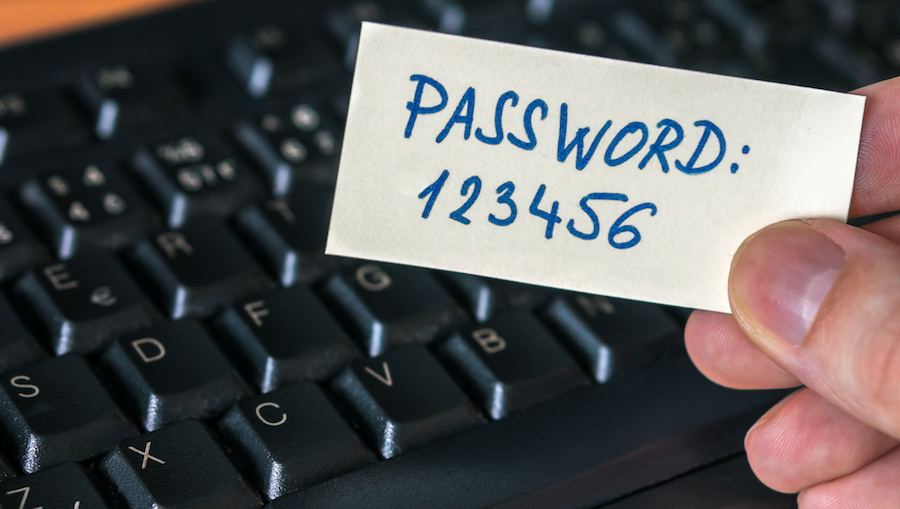MI5, MI6 and GCHQ are under the spotlight again, but this time for all the wrong reasons. It was revealed that UK intelligence agencies have been intercepting ‘private’ lawyer-client communications, and under current agency policy are allowed to continue to doing so in the future.
It is believed that this compromised information has been used by the intelligence agencies in court. As consequence it was requested that intelligence agencies disclose their internal policy records which document guidelines under which this acquired confidential content might be used. Despite the fact it should not be used at all.
The Actual Rules
The guidelines do state that the use of this confidential information should be avoided by lawyers when defending the state. Although GCHQ have been plagued this week by advising legal staff that they “may in principle target the communications of lawyers.” These documents also suggest that GCHQ has the right to infiltrate the communication of journalists.
The disclosure of this information comes after two Libyans, Abdel-Hakim Belhaj and Sami Al Saadi, launched complaints against the government claiming that they were the victims of an unfair trial back in 2004. Both they and their families were extradited by the CIA and MI5 in 2004 from South East Asia back to Libya where they were then tortured under Colonel Gaddafis’ regime.
It is thought that the CIA and MI5 had dealings with Libyan intelligence agencies beforehand. Abdel-Hakim Belhaj and Sami Al Saadi believe that communications between them, the charity Reprieve and law firm Leigh Day were infiltrated. Their legal team then requested that the Investigatory Powers Tribunal carry out an investigation into their claims, it was then that the IPT asked intelligence agencies to disclose their internal policies.
Documents recovered from Tripoli in 2011 revealed the full extent of British involvement in the Belhaj case; British intelligence officers visited Belhaj whilst he was in Libya. Cori Crider from Reprieve has stated:
“It’s now clear the intelligence agencies have been eavesdropping on lawyer-client conversations for years. The documents clearly show that MI5’s and GCHQ’s policies on snooping on lawyers have major loopholes.”
Following these revelations conservative MP David Davis, former shadow Home Secretary, has lashed out against the intelligence agencies in the House of Commons, further raising the political profile of the affair.
What Will Happen?
The UK’s Law Society has also called on government for more stringent policies to be implemented. Last year the Law Society stated that it would publish advice for solicitors who took up cases against the state in response to new allegations of mass surveillance.
The British based intelligence agency GCHQ came out of the affair looking slightly better than MI5 and MI6, both of which seem to have incredibly lax restrictions when it comes to lawyer-client communications. Since 1999 GCHQ have had policies in place prohibiting the disclosure of such information to the state whilst MI5 only put such measures in place this January after the IPT case was already ongoing.
Lawyer-client communications until now were supposed to be protected by law and “legal professional privilege” (LPP). In the post-Snowden world revelations like these are no longer going unnoticed, and intelligence agencies are under more pressure than ever now to explain their actions.
The Director of GCHQ, Robert Hannigan, condemned the privacy policies of Silicon Valley’s tech companies, but now it seems the tables have turned once again with GCHQ forced to defend its own policies.











